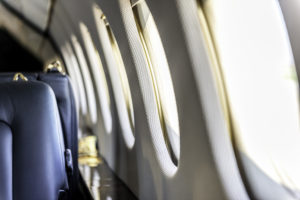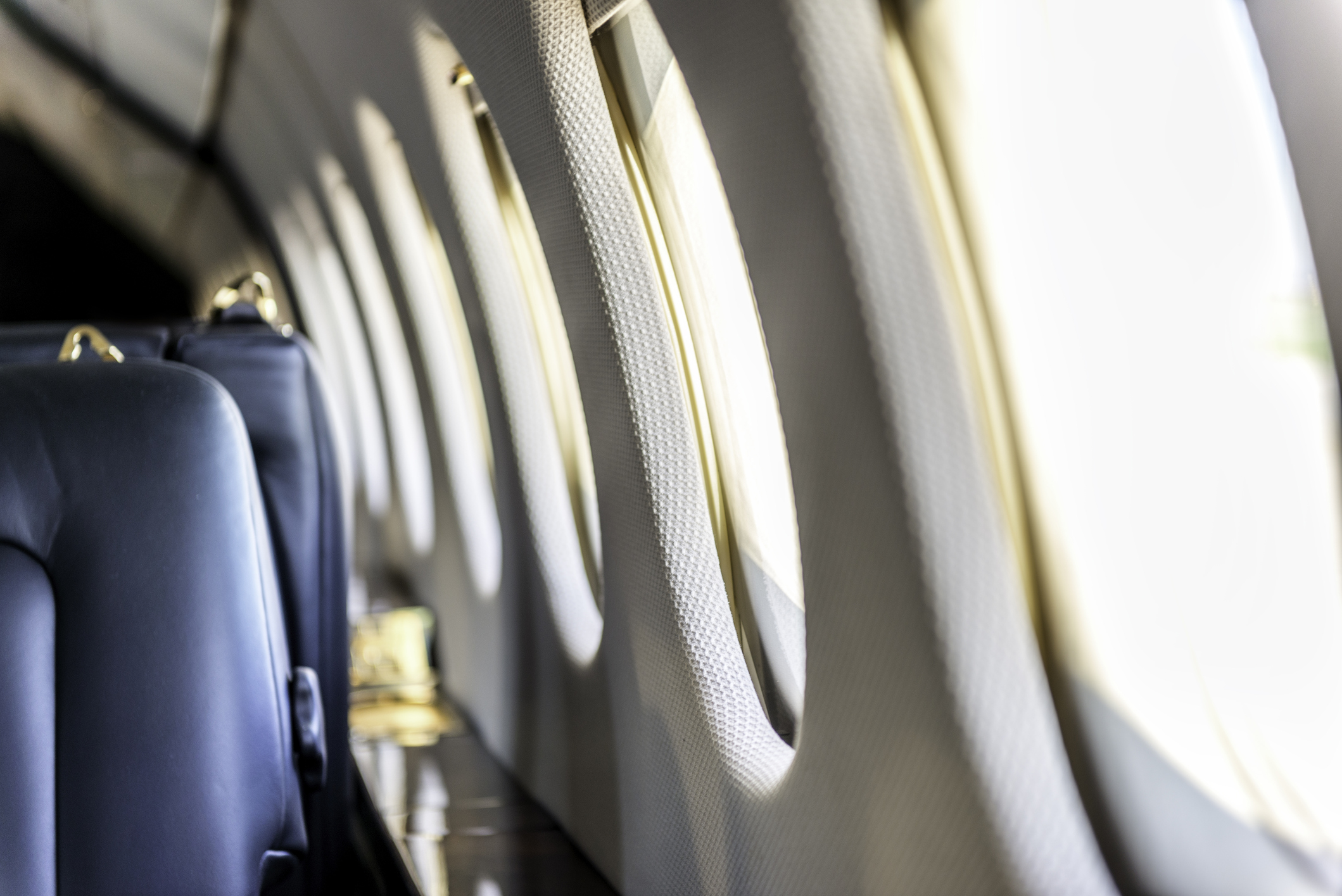
If you’ve followed the problems that bad weather created for US airlines over the recent holiday season, you know that one airline, Southwest, has been responsible for a hugely disproportionate share of flight cancellations. On December 25 and 26, for example, Southwest canceled more than 5,500 flights. To put that in perspective, Delta Air Lines, which had the second-most cancellations of any airline, canceled 311 flights. It turns out that this was not just a weather issue. If it had been, the Southwest cancellations would not have been eighteen times the number of Delta cancellations. Although Southwest is generally known for its innovations that have created strong competition in the industry, it is behind the curve on one particular technology: its method of assigning flight crews. When very bad weather calls for changes in assigning crews, the Southwest technology is just not up to snuff.
In response to the Southwest “meltdown,” Transportation Secretary Pete Buttigieg has called for Southwest to be “accountable.” What does accountability mean for an airline or for any for-profit business? Also, because Buttigieg is a government employee, it’s worth asking what accountability means for government employees. A crucial question is whether for-profit companies are more or less accountable than government agencies. I’ll save you the suspense. For-profit companies are far more accountable. And the reason has to do with the presence or absence of what economists call a residual claimant.
These are the opening two paragraphs of David R. Henderson’s “Don’t Let Government Be the Pilot,” Defining Ideas, January 5, 2023.
And what Buttigieg could do to make things better:
Is there anything Buttigieg could do to improve the airline business? There is, and economists have talked about it for years: allow foreign airlines to compete in the domestic market.
Deregulation of airlines in the late 1970s and early 1980s was a tremendous success. Before deregulation, airlines had to give notice to the Civil Aeronautics Board (CAB) in advance of fare reductions, and other airlines could intervene to contest the cuts. They often did. Also, an airline that wanted to add a route between any two cities had to first get permission from the CAB. Other airlines that already flew that route could contest that also. But when economist Alfred E. Kahn took over as CAB chair under President Carter, he did everything he could within the law to allow airlines to change fares and to add routes. At the same time, a Harvard law professor named Stephen Breyer worked closely with Democratic Senator Edward Kennedy to pass an airline deregulation bill that ended CAB regulation of fares and routes. (Breyer later became a US Supreme Court justice from 1994 to 2022.) A cozy airline cartel that had existed since 1938 was ended.
The results were noticeable almost immediately. Before deregulation, airlines had charged high fares and competed on meals and frequency (a famous airline jingle in the early 1970s was “Delta is ready when you are”). After deregulation, they competed on price and ultimately dropped almost all meals. Consumers were quite happy to save on fares and buy their own meals in the airport. Between 1978 and 2000, inflation-adjusted airline fares fell by 44.9 percent. Economists Clifford Winston and Steven Morrison estimated that half of this fall was due to deregulation.
In short, competition worked, and works. So let’s have more of it. Allowing foreign airlines to fly domestic routes would create more competition, more options, and lower fares. Even radical leftist Mexican President Andrés Manuel López Obrador sees the benefit of allowing that to happen in Mexico. If even a socialist can see the benefits of competition, then maybe Buttigieg can too. Of course, he would need the permission of his boss, President Biden, to start pushing for it, and Biden would need Congress. Maybe it’s a long shot, but in the mid-1970s, airline deregulation was a long shot. By December 31, 1984, the Civil Aeronautics Board had been abolished.
Read the whole thing.
Note: In the first edition of The Concise Encyclopedia of Economics, which was originally The Fortune Encyclopedia of Economics, I commissioned Alfred [Fred] Kahn to write the article on airline deregulation. Here it is. A delightful guy to deal with.
In the second edition, I had Fred L. Smith, Jr. and Braden Cox do a badly needed update.


READER COMMENTS
Jon Murphy
Jan 6 2023 at 11:27am
Good stuff. In the article, you talk about how ruthless consumers can be. I’d add employees to the list of individuals who can pressure decision-makers.
Consumers get angry but employees (not typically the manger/owner) tend to be the ones who handle angry consumers. And you know who really don’t like being in a position of dealing with upset consumers? Employees. To minimize those events, employees themselves may pressure decision-makers to improve the system.
For example, my old company had a situation like Southwest. We had really old tech. The bosses didn;t want to upgrade the software for various reasons. The software, however, was very slow and could only handle a relatively small number of observations in the statistical analysis. Us economists complained, but we were largely ignored.
Well, one day we signed a major client. At the time, they represented nearly half our revenue. We economists warned that the current software would be unable to handle the demands of the client but, again, we were largely ignored. Well, long story short, we started missing deadlines simply because the system kept crashing and couldn’t handle the work we were asking it to do. That, of course, led to a lot of angry phone calls. In turn, us and the Customer Management team allied together to get the bosses to upgrade our software. It worked.
Firms face many pressures from many sources, including within.
Comments are closed.